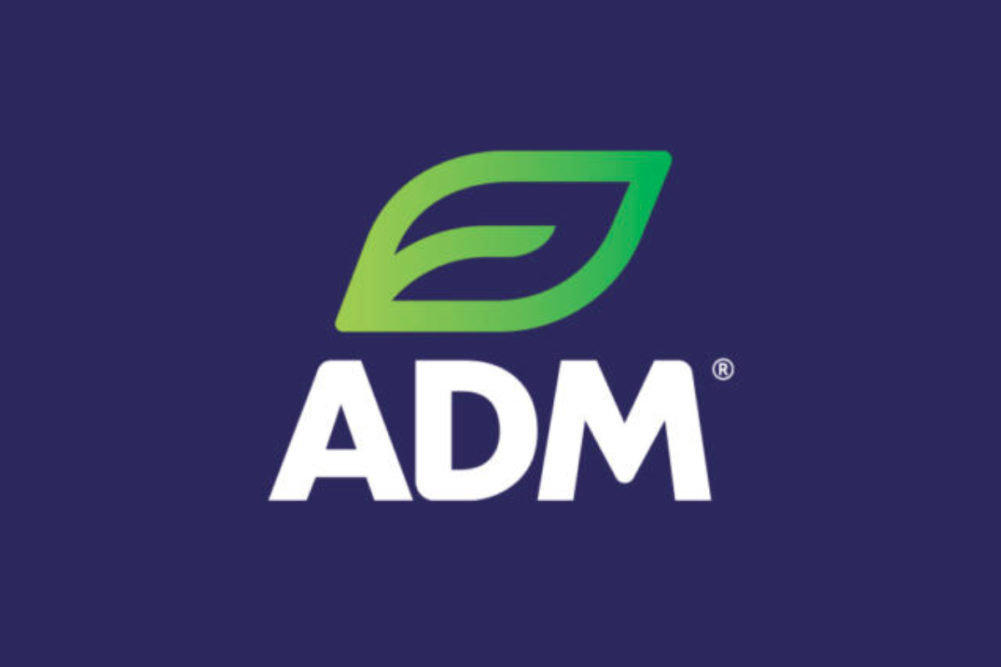CHICAGO, ILLINOIS, US — Archer Daniels Midland Co. posted net earnings of $469 million for the second quarter ended June 30, equal to 84¢ per share on the common stock, with improvements seen in its ag services and oilseeds and nutrition segments. This compared with earnings of $235 million, or 42¢ per share, in the same period a year ago.
“This was another strong quarter for ADM,” said Juan Luciano, chairman and chief executive officer. “I am proud of our team’s excellent work, as their execution of our strategy continued to deliver results.”
In a July 30 call with analysts, Luciano said the ADM team has done a great job of moving quickly and adapting to the challenges of the coronavirus (COVID-19).
“We are continuing to monitor and analyze purchasing and consuming habits to ensure we can continue to anticipate and meet our customers' needs,” Luciano said. “We are seeing consumers still largely relying on retail and e-commerce to feed their families. And demand is expanding in wide spectrum, from comfort foods to healthy choices. In-home eating and baking has dramatically increased the demand for both flour and baked goods. Healthy eating has significantly accelerated the purchase and consumption of alternative proteins.”
The Ag Services & Oilseeds business posted earnings of $413 million, which compared with $362 million in the same quarter a year ago.
Strong execution in South America helped deliver record quarterly origination and export volumes in a significantly improved margin environment, driven by a weaker Brazilian real and strong farmer selling.
Global trade had its best second quarter ever, said Ray Guy Young, executive vice president and chief financial officer, during a call with analysts, as countries looked to secure stable supplies of food amid the pandemic.
Crushing was lower versus the prior-year period. South America delivered significantly higher year-over-year results in an environment of solid domestic meal demand and the weaker Brazilian real.
Luciano said he expects to see growth in crushing going forward as soybean meal customers return and pressure increases on the oil side.
“We saw good crush margins in China and now we’re seeing improving crush margins in the US for the rest of the year,” he said.
Overall Nutrition results were up 35% compared to a year ago, and revenue was up 8%, Young said. Human Nutrition results were higher at $131 million versus the prior-year quarter results of $103 million. Flavors continued to deliver solid results, as favorable sales mix and margin expansion in North America was offset by some softness in EMEAI. Strong execution to meet rising customer demand for plant-based proteins and edible beans drove higher results in Specialty Ingredients.
Health & Wellness delivered higher performance on strong sales for probiotics, improved volumes and margins in fiber, and additional fermentation income.
Animal Nutrition was again higher year over year, with earnings of $27 million compared to $14 million a year ago.
Despite impacts from the coronavirus (COVID-19) on demand in some regions, continued execution on Neovia synergies, robust demand for pet food and treats, and improvement in amino acids drove better results.
“The investments we’ve made in nutrition and our unique value proposition have positioned us well to support our customers as they continue to innovate and adapt in the current environment,” Young said. “We are winning new business, and our pipeline today is strong and growing.”
Luciano said the breadth of ADM’s product offerings gives the company incredible possibilities.
“Customers are reacting very well to that value proposition,” he said. “Our team pivoted very quickly into establishing virtual tasting rooms, virtual innovation and prototyping sessions. And that has been very successful and has been able to keep the growth rate of our pipeline.”
Wheat milling had another strong quarter, as increased levels of home baking and store sales helped drive solid retail demand, and footprint optimization initiatives, which reduce costs, continued to drive results, Young said.
Vantage corn processor results were higher than the second quarter of 2019, driven by favorable risk management results on inventory positions and strong demand for high-quality USP grade ethanol used for the hand sanitizer market.
“While average industry ethanol margins were down versus the prior year, prices and margins improved throughout the quarter, as lower production, including the two dry mills that we idled, and some recovery in drying mills led to falling industry ethanol stocks,” Young said.
Refined Products and Other was higher year over year, driven by improved biodiesel volumes and margins in North and South America as well as strong volumes and margins in refined and packaged oils in South America.
Wilmar results were lower year over year at $51 million, which compared with $62 million last year.
“Wilmar’s core earnings were strong, but reported earnings were impacted by mark-to-market losses on their investment portfolio in their first quarter,” Young said.
Looking ahead to the second half of the year, Luciano told analysts that the company will remain focused on optimizing business performance and harvesting the benefits of strategic growth investments, especially in the Nutrition segment.
He believes the worse of the demand destruction due to COVID-19 is over, and while there may be starts and stops going forward, he feels strong about the second half of the year.
“We are continuing to pull the levers under our control across the enterprise, with our team currently exceeding our midyear targets by achieving more than two-thirds of our $500 million to $600 million in targeted operating profit improvements for 2020,” he said.
Follow our breaking news coverage of the coronavirus/COVID-19 situation.






